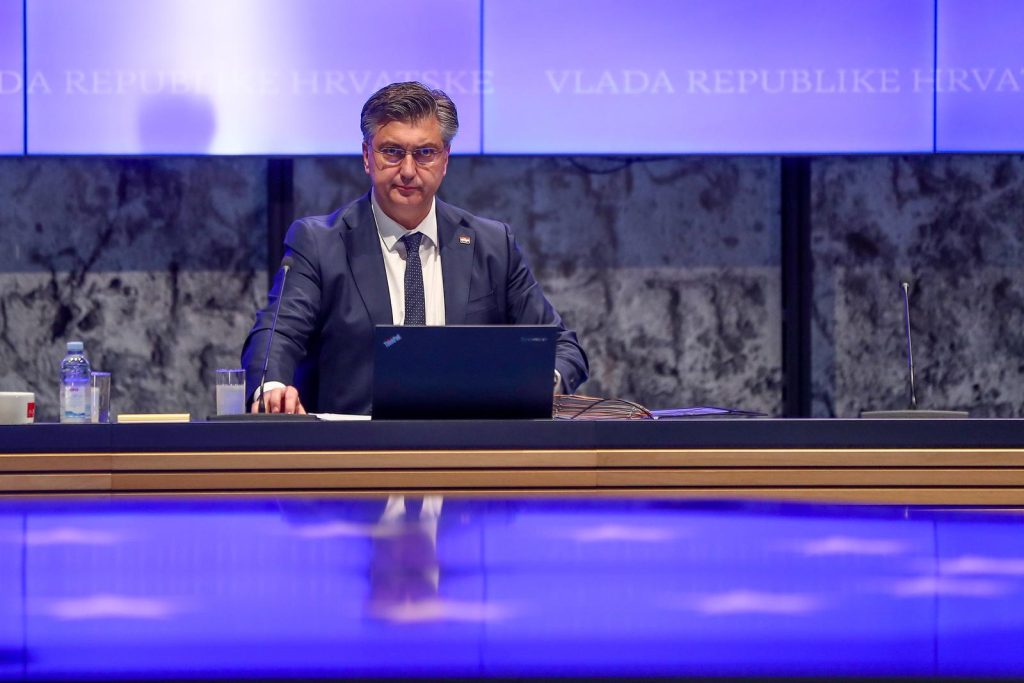February the 16th, 2024 – This week in Croatian politics, we’ve had discussions about “changing times” and the return of national service, and more.
The PM has stated that times are changing and that young people should have military skills
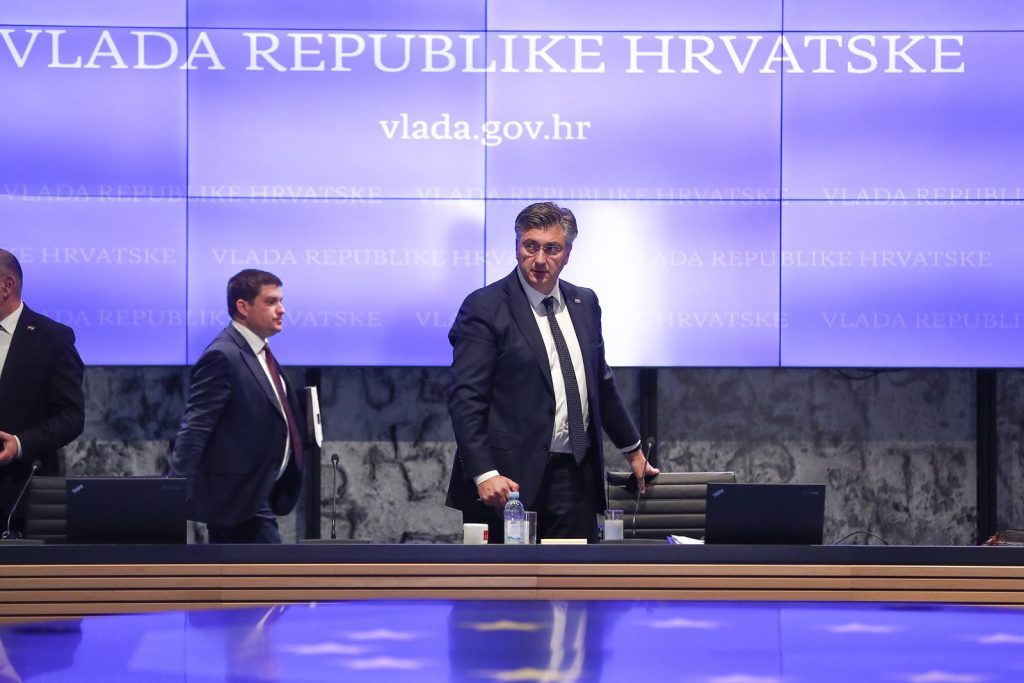
As Index vijesti/news writes, Prime Minister Plenkovic referenced the war in Ukraine, as well as the recent eruption in the endless conflict between Palestine and Israel. He stated that young people should be taught military skills in these “changing times” in which we currently live, mentioning national service.
“I repeat… this idea isn’t about national service as it used to be. We’re saying that under these new circumstances, it’s necessary for young people to acquire some skills that haven’t been learned by a number of generations now. This isn’t an assessment being made by us in Croatia alone, a number of countries are doing this. The goal is for young people to acquire elementary military skills. We asked for different models to be prepared for us, a public debate will be held, the circumstances today aren’t the same as they were when we joined NATO,” he said.
Many in Croatian politics and indeed outside of it aren’t happy with Plenkovic’s assessments, commenting that while he managed to avoid conscription, he now wants to send other people’s children into the armed forces.
Split Mayor Ivica Puljak organises free transport for anti-Plenkovic protestors
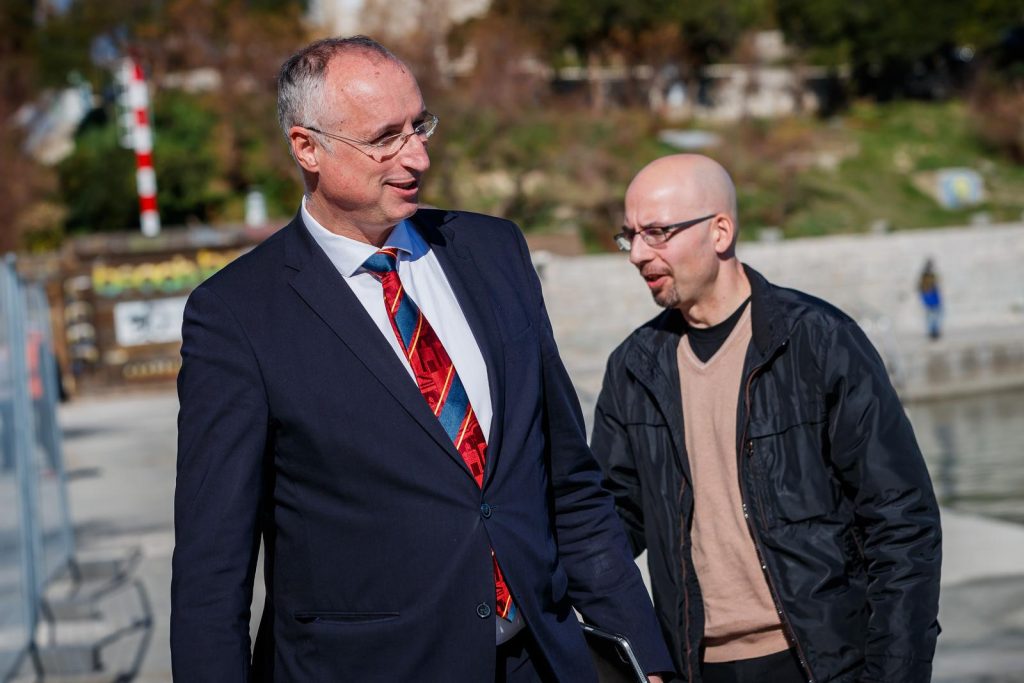
As Index vijesti/news reports, Split Mayor Ivica Puljak has invited all of Split’s citizens to protest against the Prime Minister, and has even organised their free transport from Split to Zagreb for this purpose.
“I’d like to invite all the citizens of Split to come to St. Mark’s Square in Zagreb on Saturday, February the 17th, at 11:00. Come and let people know that Croatia can be different, that it can move in the direction of a modern, European country. The Centar (Centre) party will provide transportation from Split for everyone who wants to participate in the protest,” said Puljak, claiming that people have lost hope that Croatian politics and society in general can be different, but the current government in Split has shown that change is possible.
“With the honest policy that we lead down in Split, we’re showing that Croatia can become different than how it is today. Our fight against corruption, clientelism and disorder has had very good results,” stated Puljak.
More abuse by Croatian employers of foreign workers comes to light as new laws loom
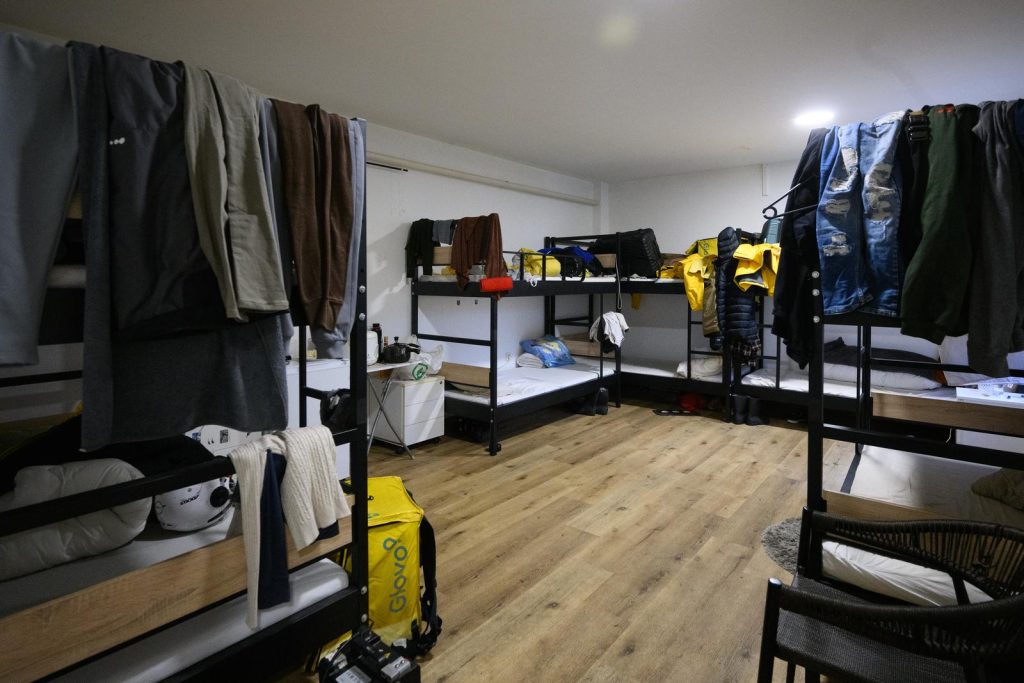
New laws on foreign employees are looming, and it seems we’re uncovering more and more abuses and exploitation on the part of Croatian employers. As Index vijesti/news reports, 32 foreign workers have been found living in a state owned apartment in Martićeva street, in the very centre of Zagreb, as Telegram revealed. Out of 183 square metres, each of them has an average of just over five.
32 workers from Nepal, India, Pakistan and Armenia all live in the apartment, which has two floors with a total of five rooms, two bathrooms and a kitchen. Allegedly, the walls are damp and covered with mould, and there’s no living room or dining room. The workers have to eat in bed, in a room littered with clothes, delivery bags and scooter batteries.
The agency responsible for the advertisement of this state property was contacted, but Lara Cavlek, the agent, made no comment about this dire situation. Ironically, Cavlek is allegedly an HDZ member.
Gordan Grlic Radman discusses the rights of Croats in Bosnia and Herzegovina
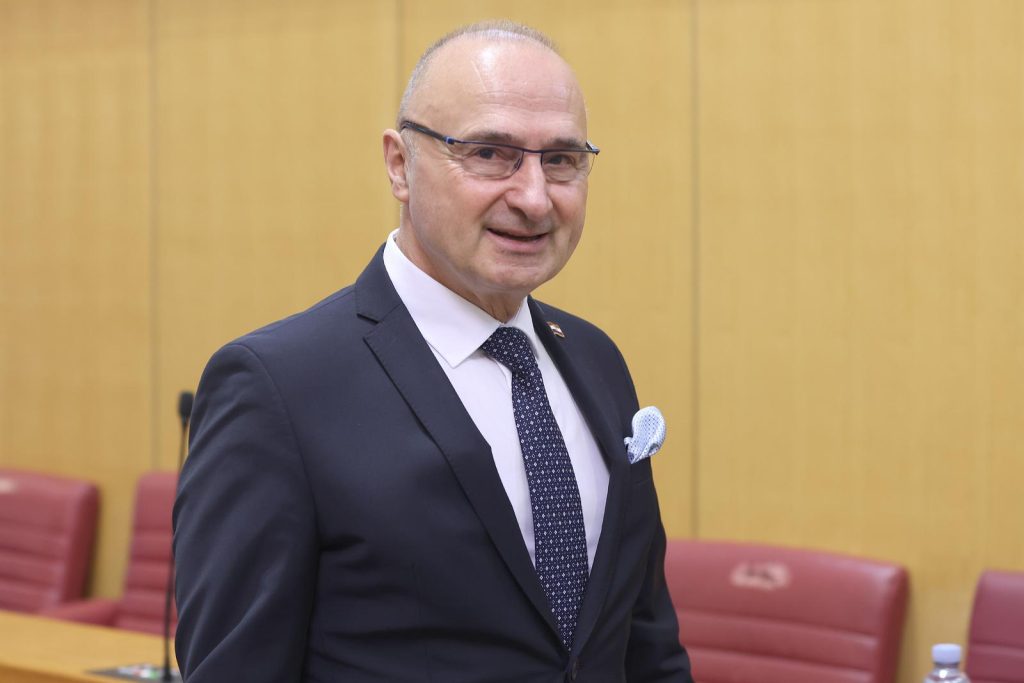
“Bosnia and Herzegovina is in the first place among the recipients of development aid,” Grlic Radman revealed, adding that the Central State Office for Croats outside the Republic of Croatia alone secured around 33 million kuna for the implementation of projects in the fields of health, education, and culture. However, Bosnia and Herzegovina is faced with numerous threats, the minister added, among which are Serbian separatism, which he defined as the over-voting of minorities.
“The moment Bosnia and Herzegovina starts EU accession negotiations, it must start with the implementation of equality and human rights. We cannot allow Croats in Bosnia and Herzegovina to become a minority that will have nothing but some culture and a few exhibitions,” he concluded.
Plenkovic refers to the Croatian Language Act as a historic step forward
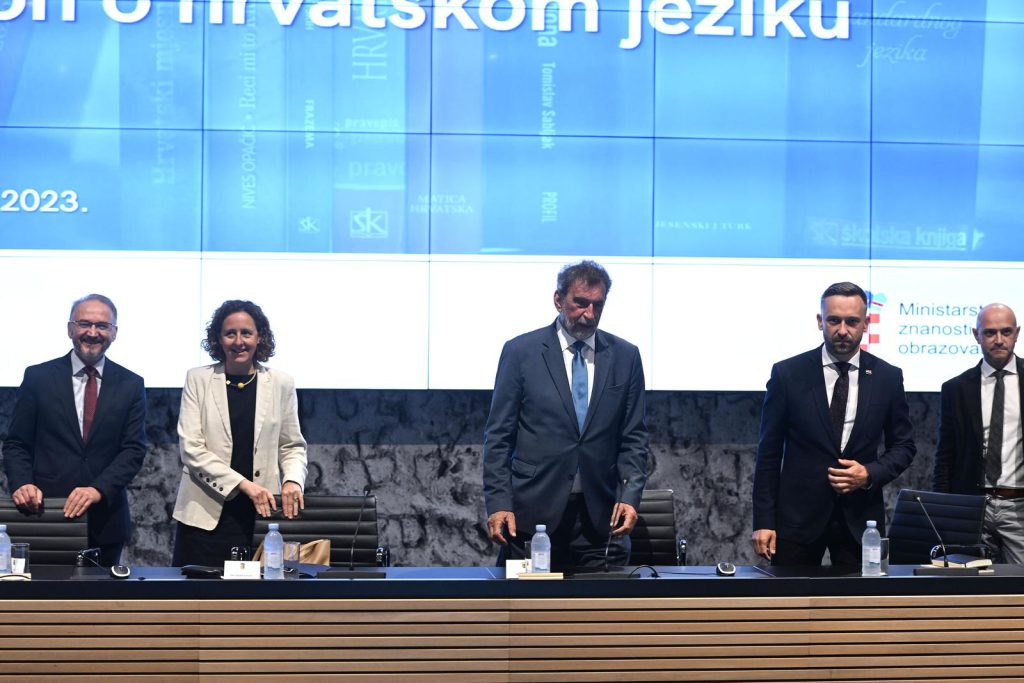
A meeting was held with representatives of Matica Hrvatska where “joint efforts regarding the adoption of the Croatian Language Act were summarised,” Plenkovic stated, referring to the move as a “historic step forward, and thanking everyone inside and outside of the scope of Croatian politics who contributed to the adoption of this law. He especially thanked the 95 representatives who “showed responsibility and recognised the moment of national unity in the protection of the Croatian language”.

